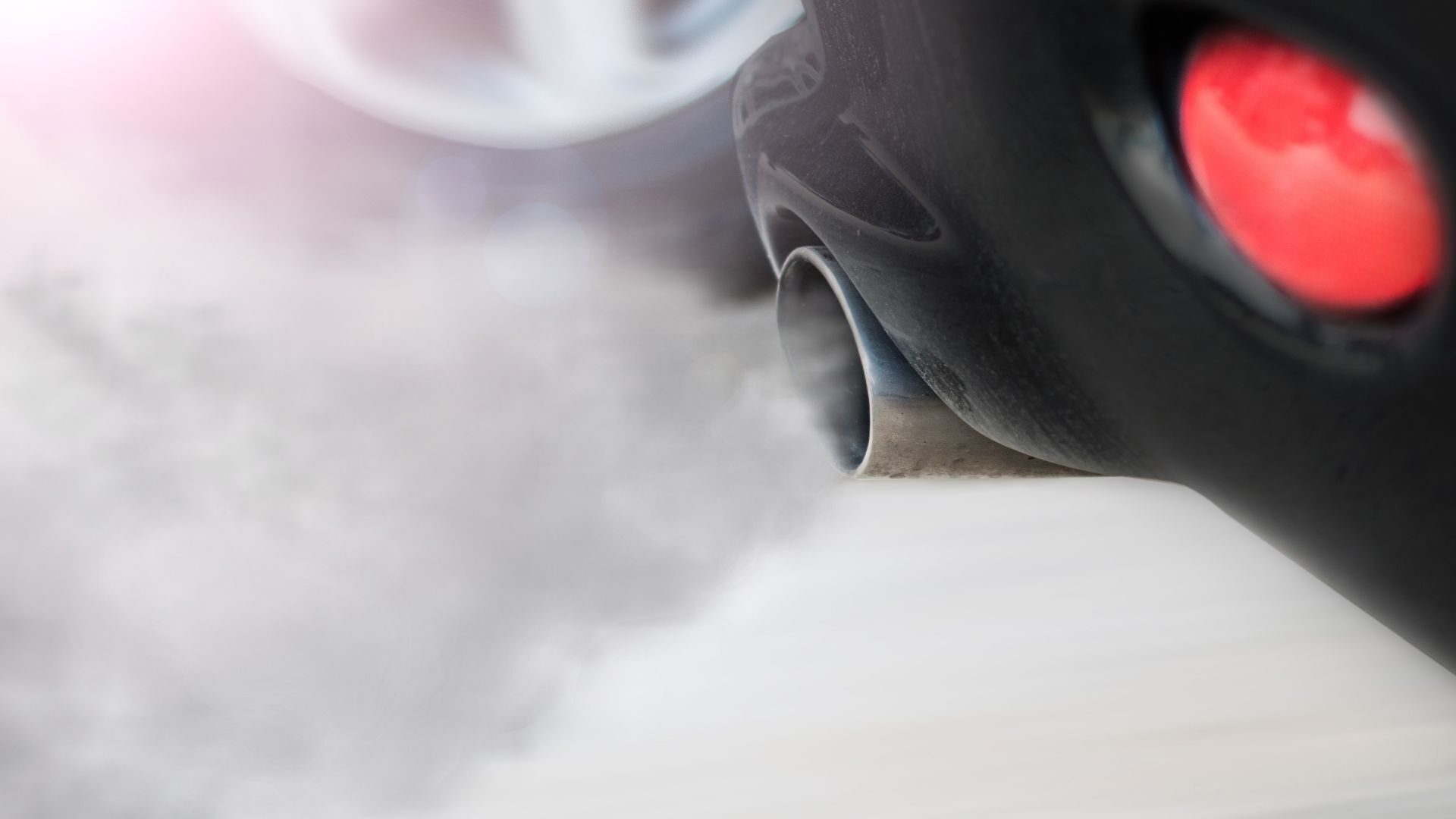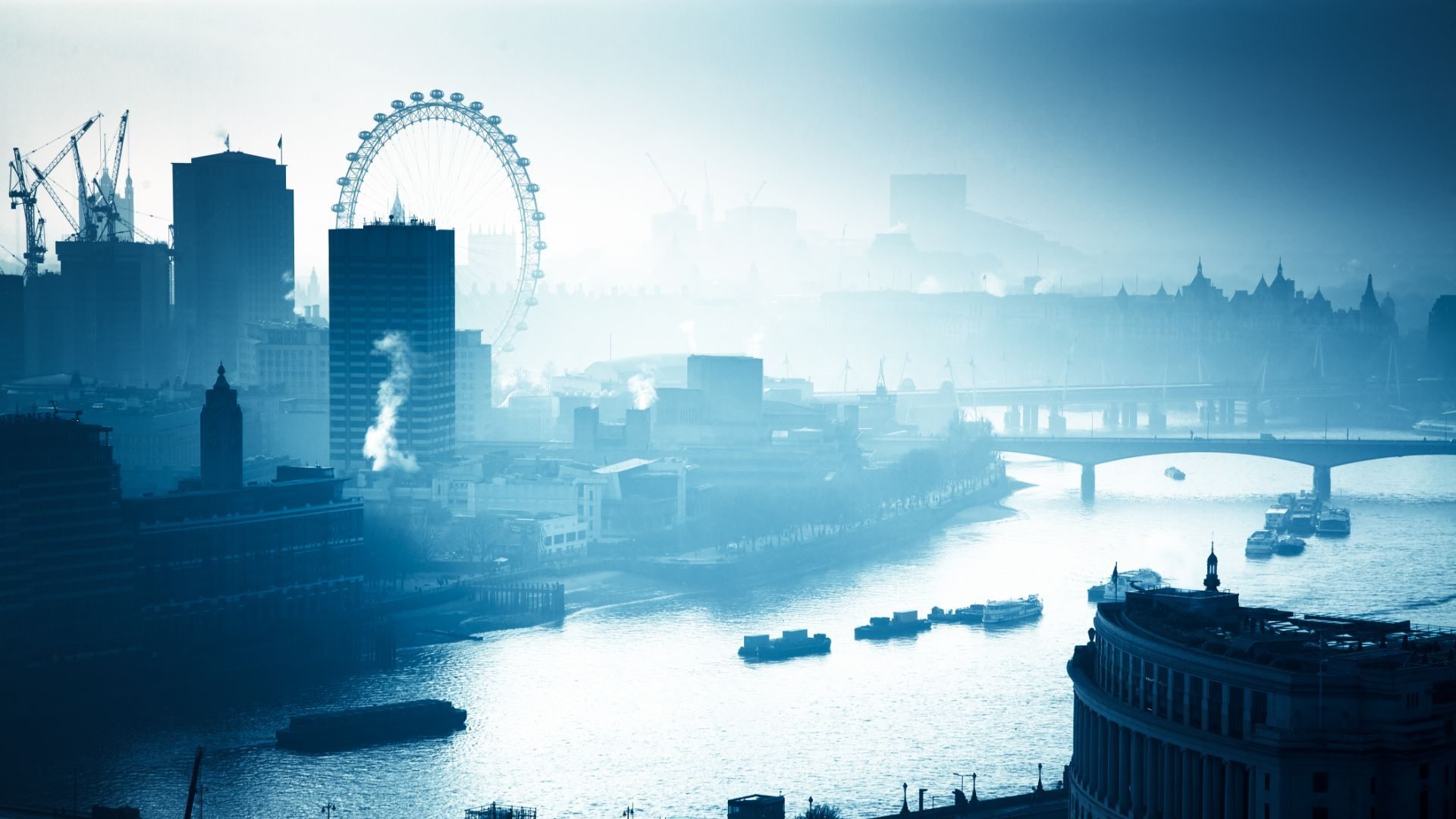
Lead from leaded petrol is still present in London’s air, despite the fuel being banned in 1999, new research has claimed.
According to a study by Imperial College London, up to 40 percent of the lead in airborne particles today is a legacy of leaded petrol. The researchers said this ‘highlights the long-term persistence of contaminants introduced by human activities in the environment’.
The Imperial College team compared the chemical and isotopic composition of particulate matter in the air with samples of road dust and urban soil. This confirmed the presence of dust contaminated from leaded petrol in London today.
As part of the study, the researchers took 18 samples of airborne particles at street level in Marylebone in the summer of 2018, plus 20 samples on a 24-metre-high rooftop at Imperial’s South Kensington campus between 2014 and 2018.
By comparing historical data of the isotopic composition of air particles in London, they discovered that lead sources have remained unchanged over the past decade.
‘Detrimental effects on health’

“Petrol-derived lead from decades ago remains an important pollutant in London. Despite the leaded petrol ban, historically combusted lead is still present in London’s air more than 20 years later,” said Eleonore Resongles, who helped conduct the work at Imperial College’s Department of Earth Science and Engineering.
“Long-term low-level exposure to lead can adversely affect health and, while we don’t yet know the health implications of our findings, they suggest that leaded petrol might still be providing low-level exposure, which can have detrimental effects on health.”
ALSO READ:
Petrol prices rise for 7th month in a row